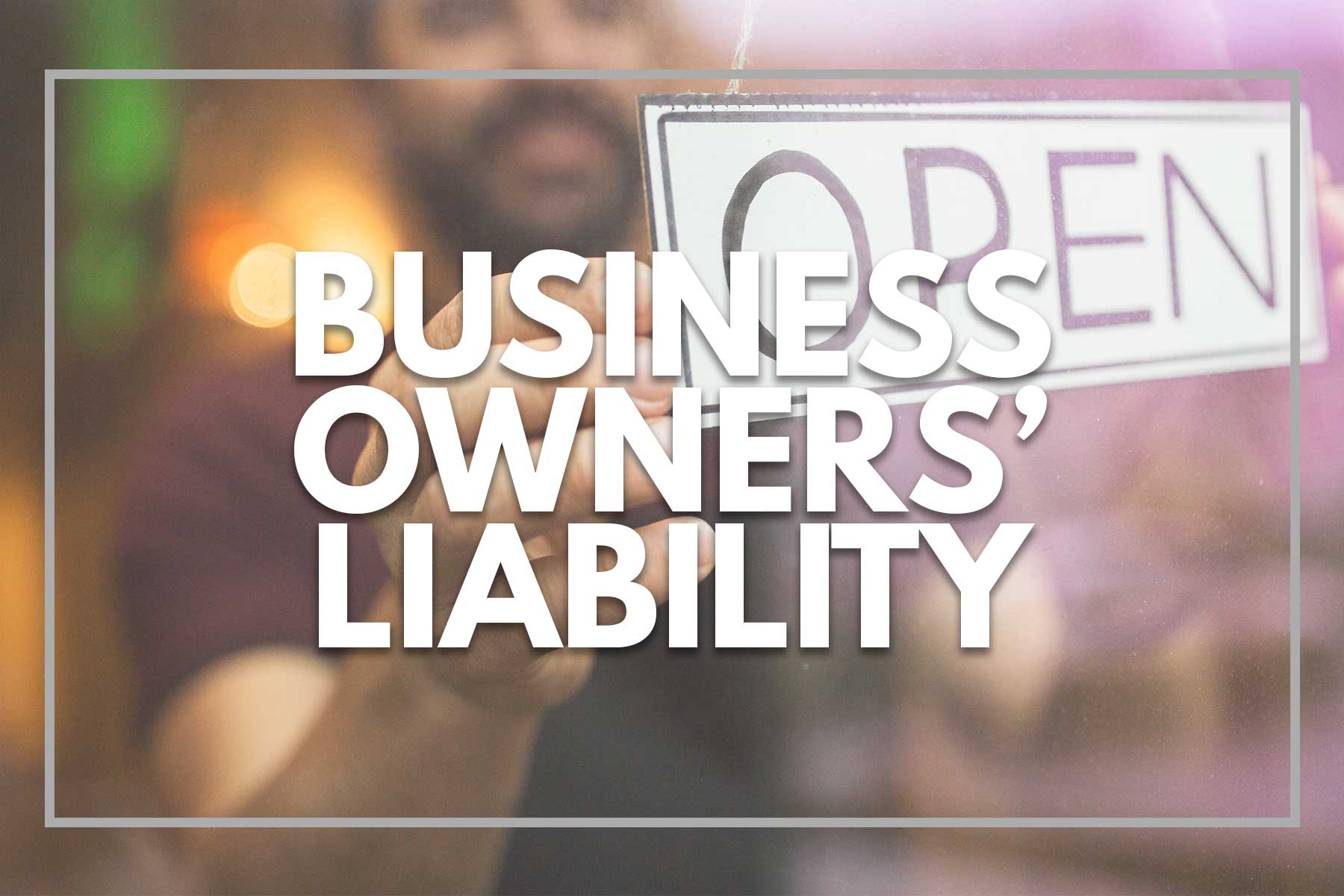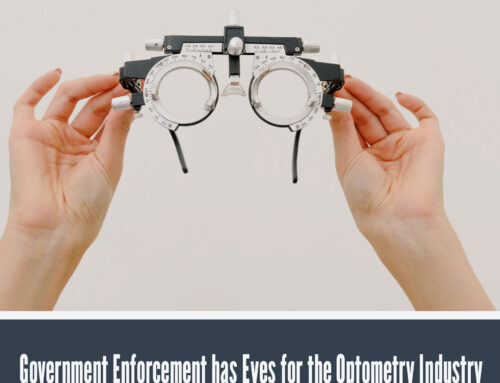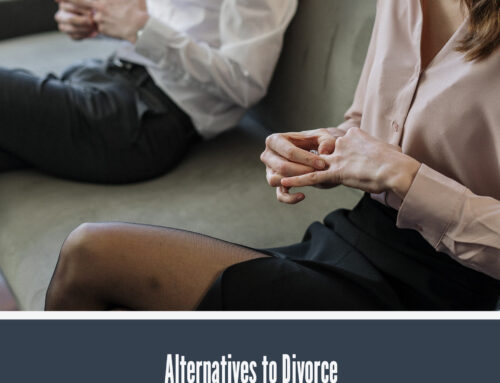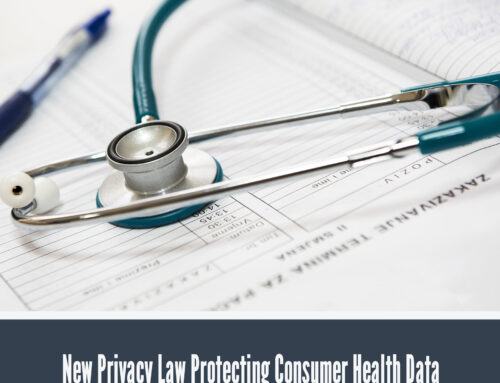By: Gary Shipman
So – you’ve either watched or for that matter may actually be participating in the loud protests associated with the “reopening” of America, including North Carolina. There will indeed come a day in the very near future where business owners will make a conscious decision, driven largely by necessity, to reopen their businesses to the public. That decision will be made (or at least, should be made) in the face of very smart infectious disease and epidemiology experts that have promised that the threat associated with this virus is not over, whatever area of North Carolina or for that matter the world where your business may be located. That decision will be made with the knowledge that there is no vaccine for this easily transmitted virus and with the knowledge that despite the best efforts of some businesses that have remained open, purportedly following “strict” guidelines for both customers (or in the case of nursing homes their residents) and their employees, we know that exposure has continued to occur and resulted in the reporting of new COVID 19 cases associated with exposures that may have occurred in those open businesses. The media has already reported lawsuits filed against Walmart and Carnival because of allegations that those companies failed to protect employees and customers from exposure to the virus.
As with the myth associated with the alleged “medical malpractice crisis”, resulting in draconian reforms that have yet to show any “cause/effect” result from their enactment, insurance companies, backed by the Chamber of Commerce, are seeking government protection from litigation. The Chamber’s understandably “pro-business” position is that some companies will choose not to re-open because the risk of being sued is so great. And while an already over-burdened “civil justice” system, faced with its own challenges about how to resume “normal” functions, could certainly not withstand hundreds or even thousands of lawsuits in which litigants contends that their exposure and resulting sickness, and even death, was caused by the “negligence” of the business owners, the burden in any case (much less every case) would be so significantly high, based upon the science and the standards for the admission of expert testimony, that most competent attorneys, duty-bound not to file a lawsuit unless he/she reasonably believes that burden can be met or face sanctions both from the Court and the State Bar, would not dare try.
Sure – there will be those “extreme” situations where a business owner knows that he/she or one of their working employees has developed symptoms; makes a conscious decision to stay open and not “warn” anyone, thereby exposing patrons to someone who is exhibiting symptoms and who later tests positive for the disease. I would certainly hope that no insurance company or even the Chamber of Commerce would seriously contend that this business owner, by making a conscious decision to open their business, did not owe a duty to the public to take reasonable measures to protect the public from a risk of harm. I would hope that they likewise would not seriously contend that the public would not be entitled to know before entering their business whether someone inside is exhibiting symptoms that the “experts” associate with the virus and had not yet been tested.
As the old saying goes, “knowledge is power”, and given that the business owner knows this information (and the public doesn’t), there would clearly be a “duty to warn” the public so that they could make their own decision about whether to risk exposure.
But generally speaking, in what would be the “typical” situation where neither the business owner or his/her employees exhibit symptoms, the next task in a business owner making a decision about whether to reopen is to perform “due diligence” about their employees and where they have been and who they have been around during the “shutdown.” You certainly can’t put back to work someone who you know has not been practicing the required “social distancing”, or has been “traced” to someone who has tested positive for the virus. It would be advisable, therefore, to have employees fill out a questionnaire and affirm the accuracy of this information. While some may lie, the only question is whether you, as an employer, undertook “reasonable” measures to get this information; you’re not required to be perfect.
Assuming that you have a sufficient number of employees to re-open, the next task is to determine what “hardening” measures that your business environment must undergo to protect the public that comes through your doors. Fortunately, there is a plethora of information out there from incredibly reputable sources about those things, and while some of those measures in and of themselves may cause you to make the decision that you can’t re-open (because of the infeasibility of implementing those measures in your business environment), ignoring those measures, developed by scientists a lot smarter than you and me (and therefore, a judge and/or jury) will lead to problems if a patron of your business is exposed and rendered sick, and through their own “contact tracing” can make it abundantly clear that virtually the only place such an exposure could have occurred was in your place of business.
However, the most obvious risk in re-opening your business to the public is to your employees. The State’s worker’s compensation laws provide protection to workers who are “injured” in the course and scope of their employment, and work related exposures to “hazardous materials” are some of the most commonly accepted workers’ compensation claims. Depending upon the number of employees that you have, the law requires that you carry worker’s compensation insurance (in North Carolina, all businesses that regularly employ three or more employees are required to carry worker’s compensation insurance). The cost of that coverage is associated, at least in part, to the types of risks to which employees are exposed, and therefore, the more exposure that your employees have to the known risk of the transmission of this virus, the more that workers’ compensation insurance is likely to cost. You can expect a similar “reaction” from insurance companies that provide your commercial general liability coverage, given especially that most of these policies already contain exclusions for “virus” related claims.
So, could you get sued if you re-open? The answer is yes; access to the courthouse will always be available for someone who wants to file a lawsuit. The more relevant question is do I face “exposure” (no pun intended) to civil liability if you do? The answer is maybe, depending on what “reasonable” measure that you undertake to protect your employees and the public. There is no “one size fits all” answer, given especially that we don’t know what we don’t know. So “hope for the best but plan for the worst” still must be the rule of the moment, at least until something that resembles “normal” returns.







